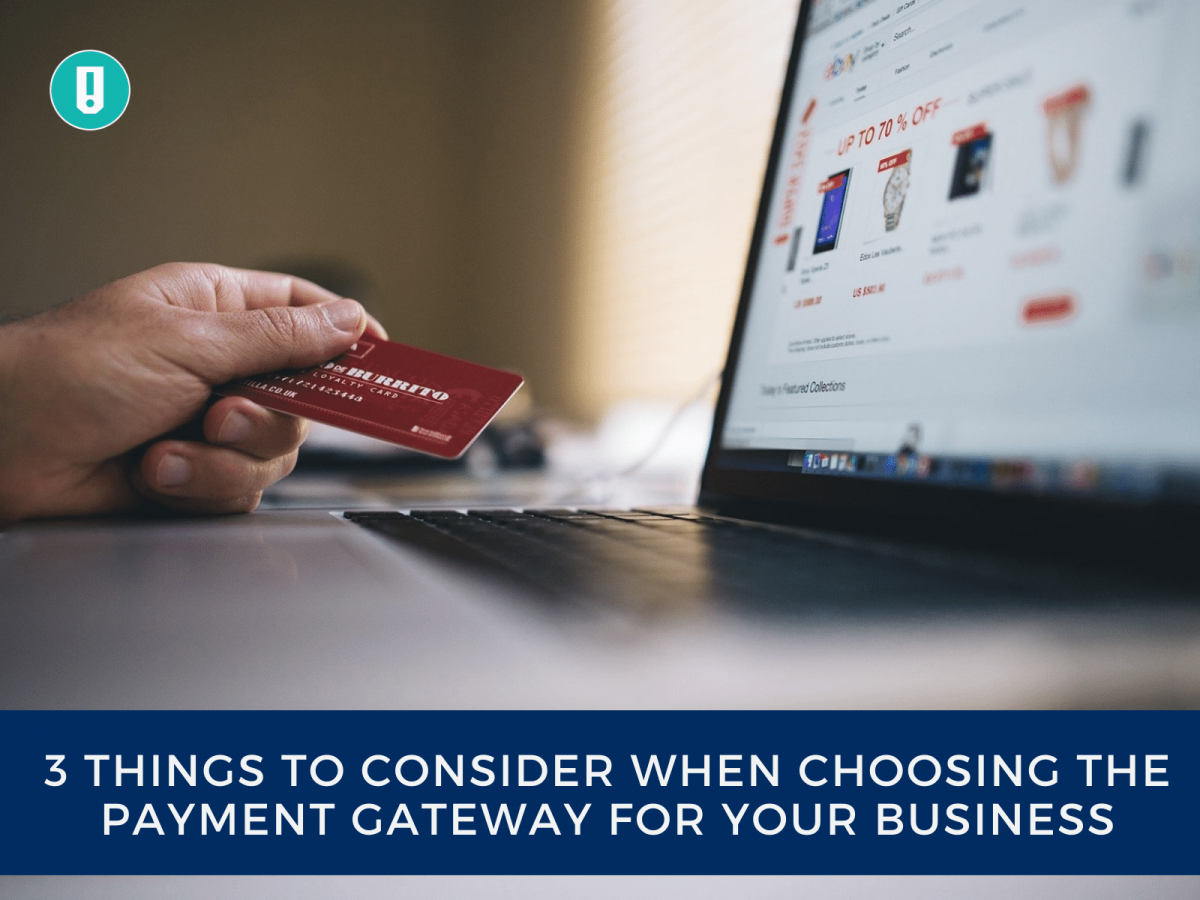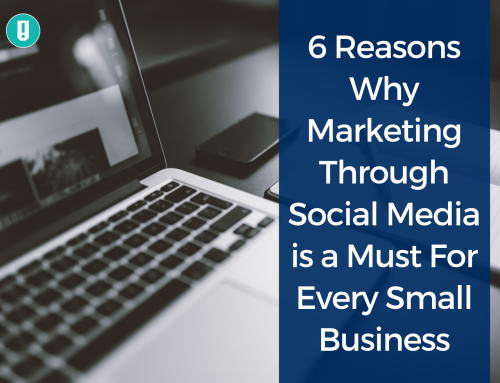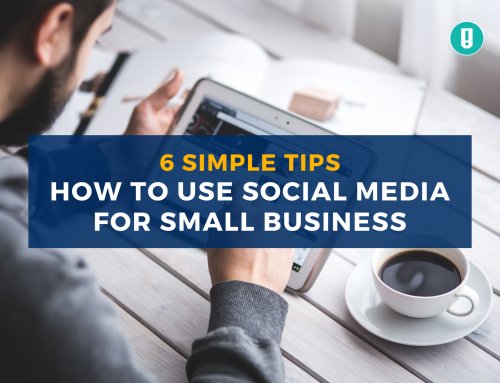Nowadays, it’s important to carefully consider which payment gateway to use for your business. But there are countless financial services to choose from, which can be overwhelming for business owners, especially those that are looking to start an eCommerce website.
There are many things to consider when setting up a new payment gateway, such as the logistical and technical challenges, your customers’ convenience, as well as safety and security.
In today’s post, we’re going to talk about 3 important things you need to look for when choosing payment gateways for your business.
Business Model Support
When it comes to payment gateways, you need to make sure that it supports your current business model. Otherwise, it would be pointless to go through the entire compliance process, only to end up being rejected.
The good thing is that most payment services provide a list of business models they don’t support on their site. It’s better to start your search here, so make sure to spend ample time studying them. If there are any questions, concerns, or uncertainties on your part, get in touch with the company to get pre-approved.
Take note that there are two main types of payment gateway providers: Pure eCommerce business models (low- to medium-risk) and high-risk processors. The latter pertains to business models that require more involvement from a payment service in risk management and fraud detection. With it, both the account and the customer are safe when making online transactions.
Some examples of high-risk businesses include:
- Online gambling
- Dating sites
- Gaming
- Adult Entertainment
- Travel and Hospitality
- Foreign Exchange
- Legal Services
Processing Fees
As a business owner, you’ll want to keep all processing fees as low as possible. After all, the more money you’ll pay, the lower profits you’ll get. Obviously, you need to choose a payment gateway provider that offers the most attractive rates.
But there are some things you need to remember. For instance, nominal processing fees are not the only way these payment services make money. Some have hidden charges that can ultimately affect your bottom line.
Some factors you need to consider are:
- Fees for terminals and leased equipment
- Penalties and charges for early termination
- Charges for exceeding maximum monthly quota
- Charges for failing to meet minimum monthly quota
While these extra charges aren’t necessarily bad, it’s important to be aware of them even before choosing a payment gateway provider. In some cases, it makes more sense to go for a premium plan, especially if a provider can guarantee certain benefits, such as fraud protection and data security.
Make sure to plan ahead with your budget according to your business model and vision. After all, overestimating or underestimating can hamper your business growth and activities.
Mobile-Friendly
According to Localytics, over 60% of consumers believe that mobile transaction will soon overpower credit and debit purchases. Mobile eCommerce sales account for approximately 34.5% of total eCommerce sales in 2017. And by 2021, it’s projected to account for 54% of total eCommerce sales. This figure is steadily increasing as we speak.
As such, it pays to closely evaluate your payment gateway options. Make sure it supports payment processing across various devices, with extended mobile app to cater to consumers who want to pay using their mobile device. This makes the entire process fast and convenient.
Over to You
Choosing the right payment gateway for your business can be tough, but it’s not cost-restrictive. As long as you do it correctly and understand the needs of your business, you can expect immediate and positive impact on customer experience, as well as profitability. With extensive research and by following the abovementioned factors, you can easily narrow down your options and find the perfect provider for your business.
Carol Duke is a freelance writer, content marketer, and chief blogger of IHateWritingEssays writing services review website. She is on a mission to help eCommerce businesses stop playing around with digital marketing and start seeing ROI. When she’s not working, you’ll find her chilling at a local bookstore or enjoying travel adventures with her kids.







Leave A Comment